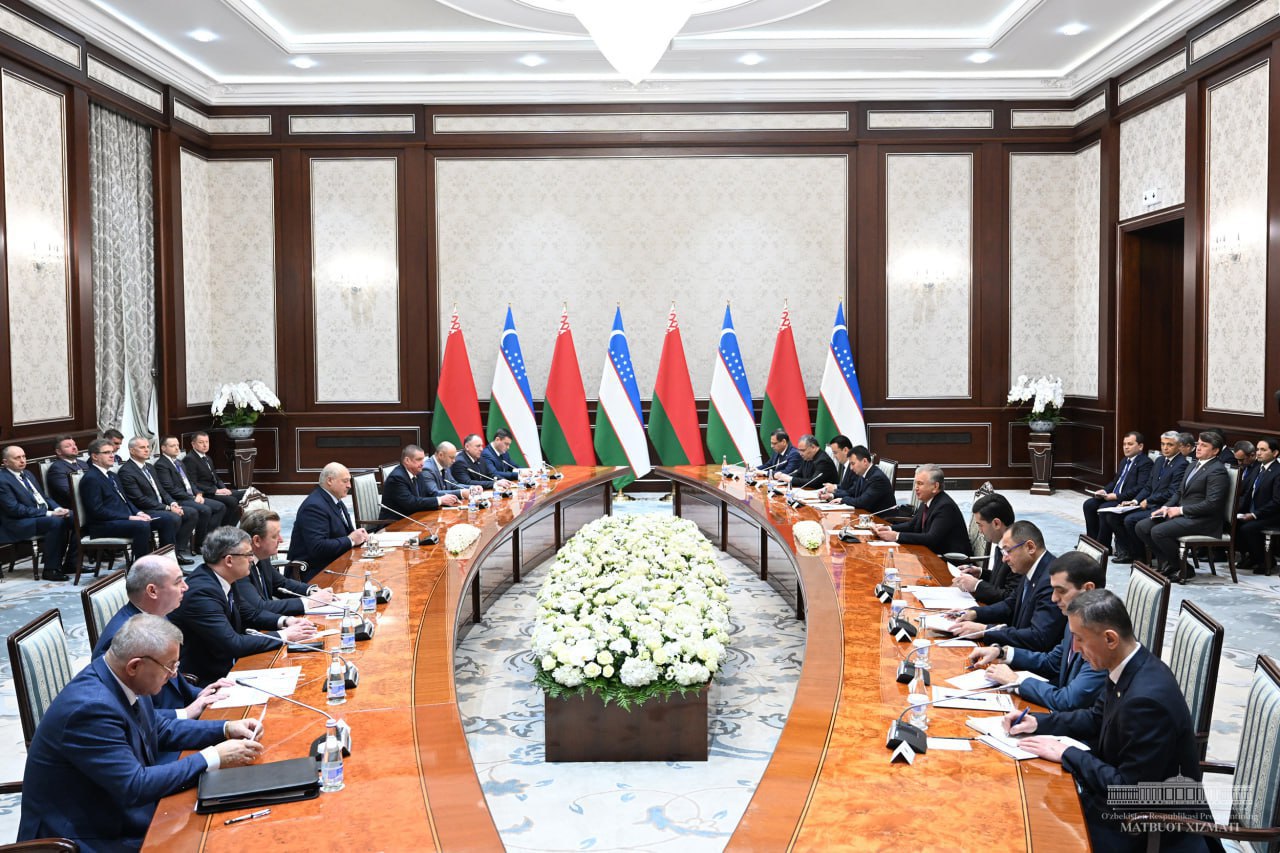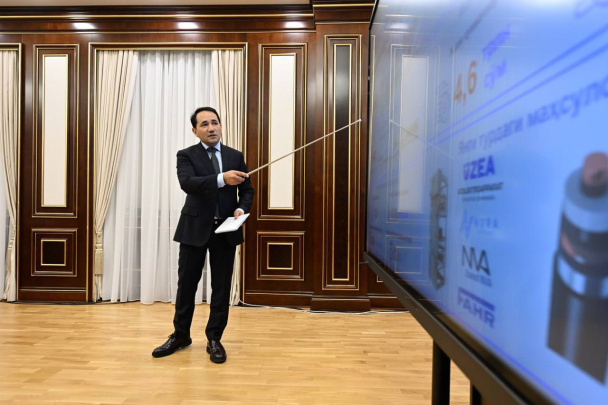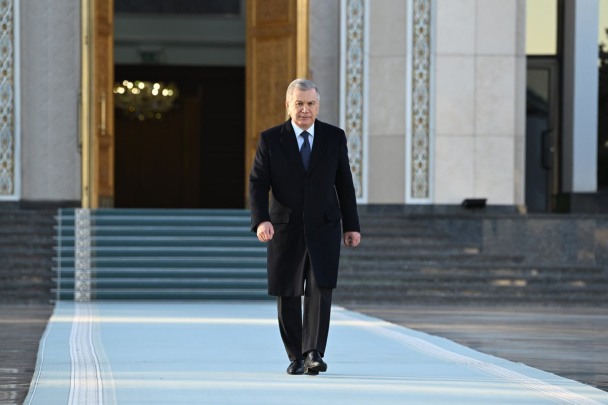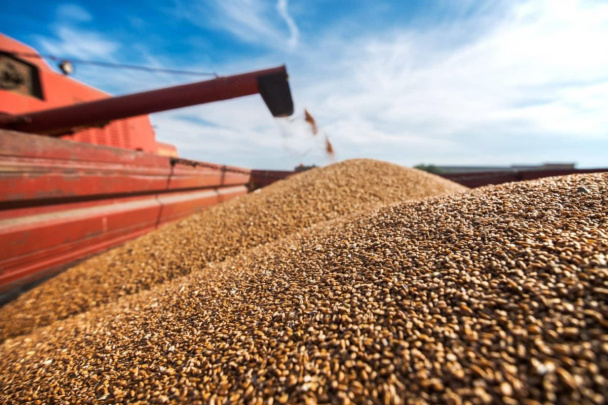According to the presidential press service, Shavkat Mirziyoyev and Alexander Lukashenko conducted negotiations both in a narrow format and with the participation of official delegations from the two countries.
The leaders committed to continuing their political dialogue and mutual support within international structures including the United Nations, the Commonwealth of Independent States (CIS), and the Shanghai Cooperation Organization (SCO). The positive pace of trade and economic cooperation was noted with satisfaction, with trade turnover increasing by 15 percent in the past year.
The governments have set a target to increase this figure to over $1 billion in the coming years. To this end, an agreement was reached to establish a joint foreign trade company, implement mechanisms supporting export-import supplies, and introduce an electronic system for product certification.
Additionally, the two sides agreed to create advantageous conditions for transportation, train international road carriers, and make efficient use of multimodal corridors that lead to the large markets of South Asia.
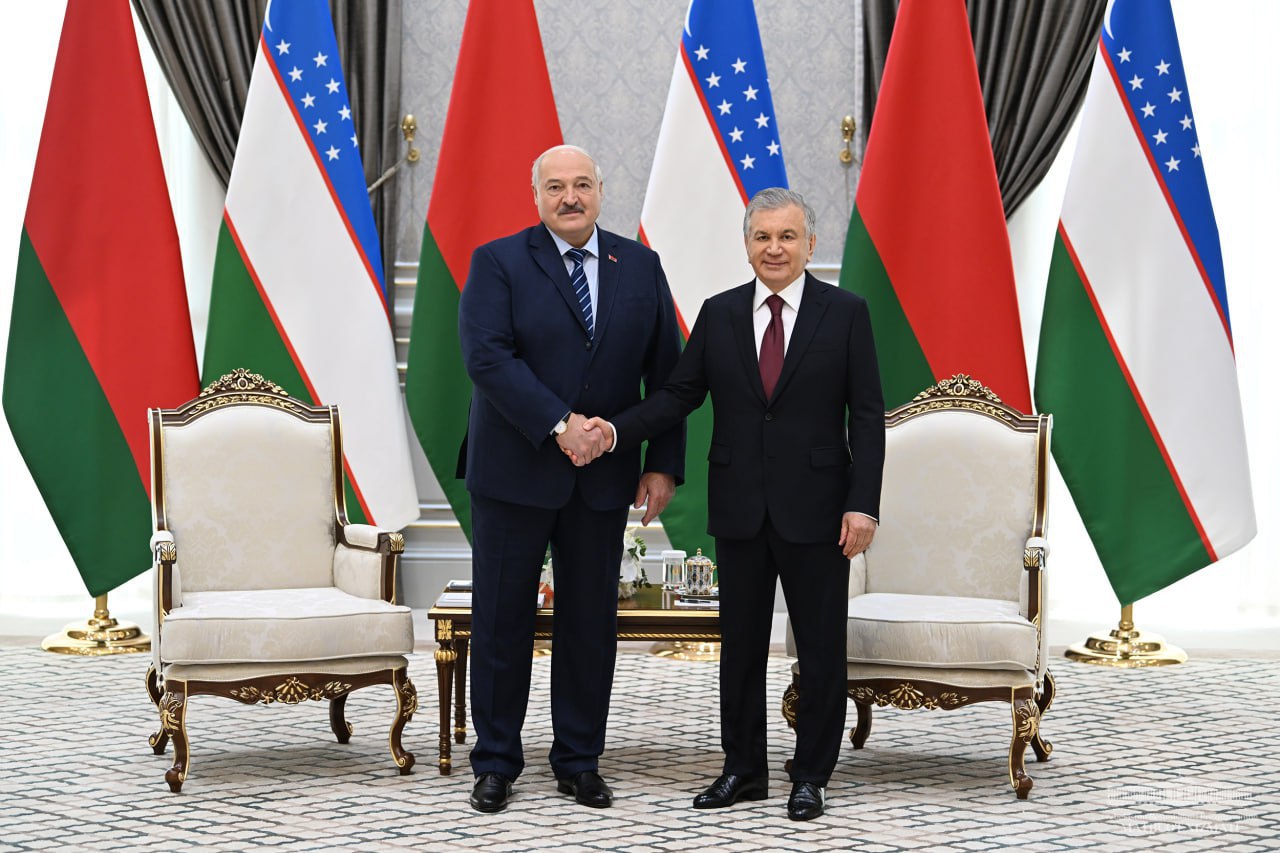
During the negotiations, the state leaders identified key areas of cooperation, including agriculture, light, food and electrical technology industries, pharmaceuticals, urban development, communications, and others. They agreed to form separate working groups for each direction.
The sides praised the intensification of interregional exchanges. The effective results of the second forum of the regions of Uzbekistan and Belarus were particularly noted, which concluded with the signing of contracts and agreements valued at over $1 billion.
The parties also agreed to continue active cultural-humanitarian exchanges. Programs for developing partnerships in higher and professional education, health care, culture, sports, and tourism were set to be adopted.
Following the talks, an agreement was reached to develop and adopt a joint "roadmap" for the implementation of the agreements signed.

